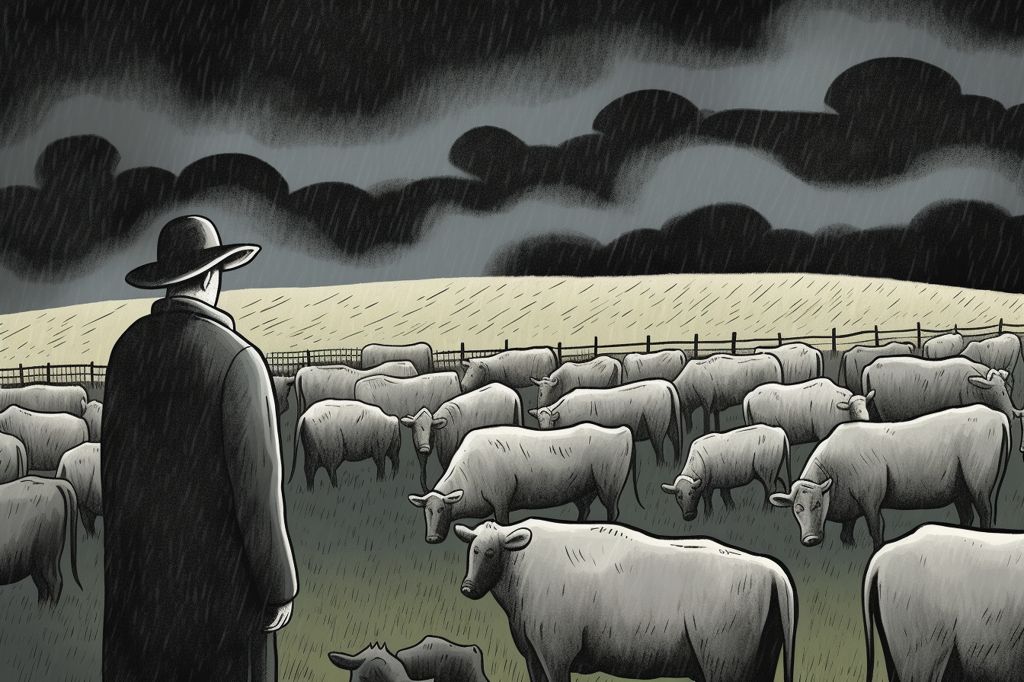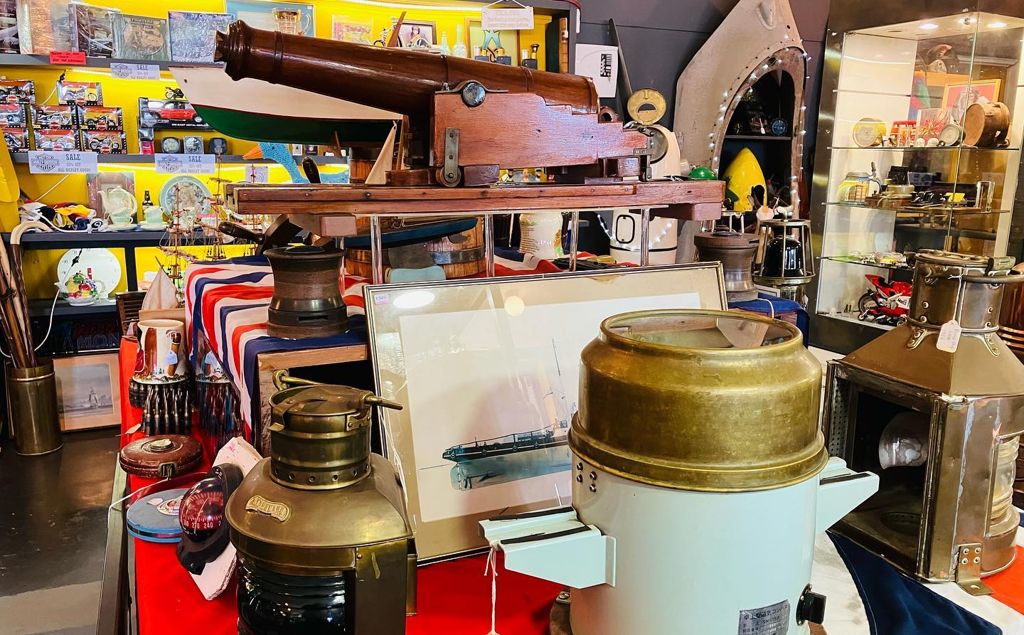South African farmers have been facing the consequences of drought for the past few years, and the current shortage of animal vaccines poses more threats to their livelihood. The Western Cape Minister of Agriculture, Dr. Ivan Meyer, emphasized the urgency of the situation in response to a statement from the Red Meat Producers Organization’s National Chairperson, James Faber.
The Impact of Vaccine Shortage on Livestock Producers
As the livestock producers in South Africa struggle to rebuild their herds, the shortage of vaccines leaves them vulnerable to lethal diseases like Bluetongue and African Horse Sickness. These diseases could potentially lead to the loss of up to 50% of their herds. The shortage of vaccines is a significant issue that needs to be addressed immediately.
The Decline of Onderstepoort and Its Impact
Dr. Meyer expressed disappointment over the decline of Onderstepoort. It was once a well-known facility in South Africa that provided vaccines for decades. However, years of maladministration and the failure to appoint experienced and competent staff have led to its downfall. As a result, neighboring countries that had previously relied on Onderstepoort for their vaccines have been compelled to invest in their own facilities, such as the Botswana Vaccine Institute (BVI). BVI is now supplying South Africa with vaccines, including those used to combat Foot and Mouth Disease.
Bureaucratic Obstacles and the Need for Government Intervention
Private producers face several bureaucratic obstacles when trying to import or manufacture vaccines, further worsening the crisis. Licenses and permits must be issued to capable and willing manufacturers to address this critical situation. Dr. Meyer calls on the national government to remove these stumbling blocks, as they directly impact the agricultural economy by discouraging investors and negatively affecting livestock owners.
The Importance of Animal Vaccines for Economic Growth
The Western Cape accounts for more than half of South Africa’s agricultural exports, with the livestock sector making up almost 50% of that figure. Disease management and vaccinations play a crucial role in meeting the stringent requirements of international markets for the export of livestock and related products. The unavailability of vaccines not only puts these exports at risk but also limits job-creating opportunities in a country with one of the highest unemployment rates worldwide.
In conclusion, the current animal vaccine shortage in South Africa poses a significant threat to the nation’s agricultural sector, hindering economic growth and job creation. The government must address this issue by removing bureaucratic obstacles, issuing licenses and permits to capable manufacturers, and investing in vaccine production facilities to ensure the long-term stability and growth of the agricultural industry.












